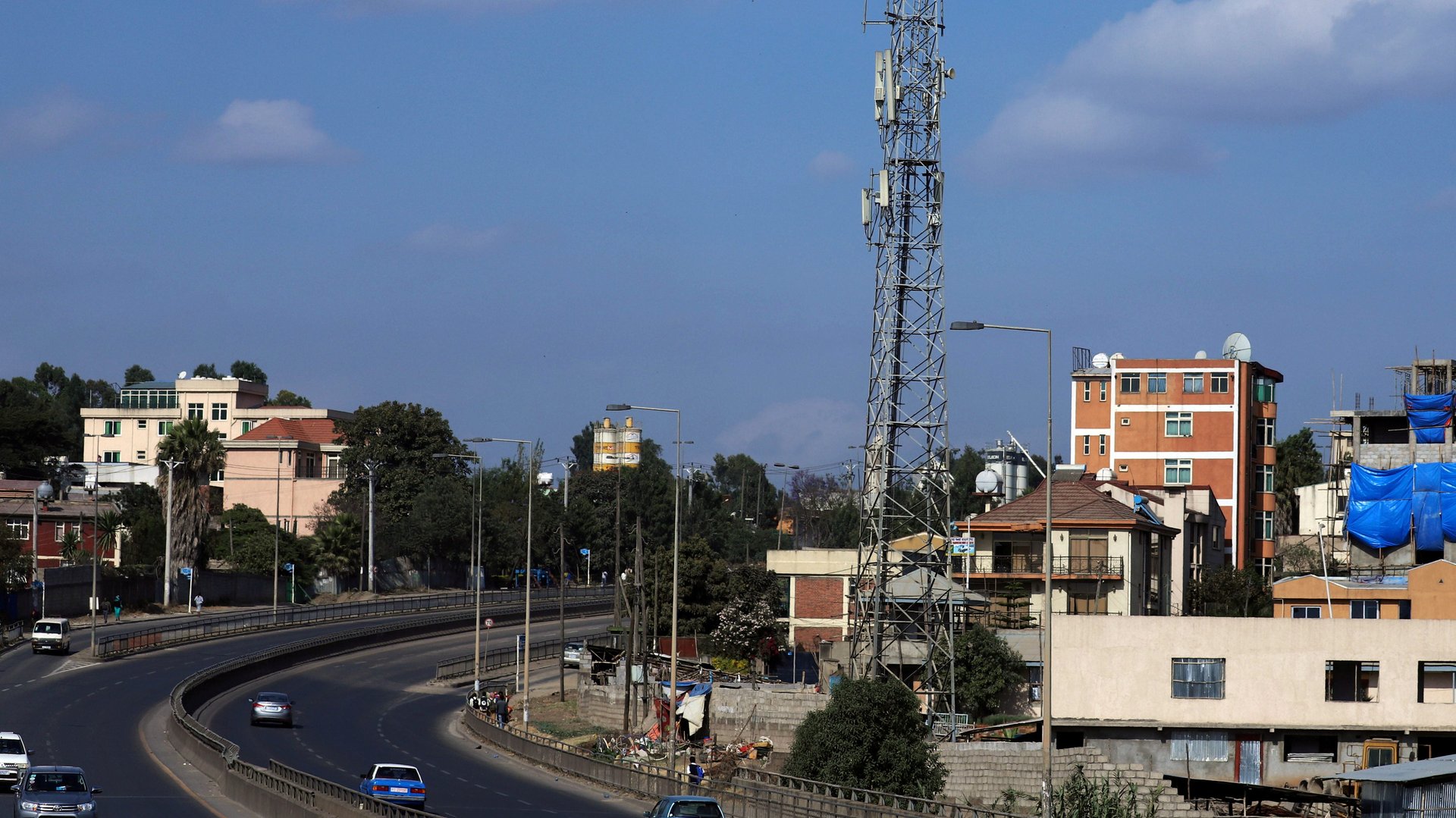A new report shows just how slow 5G adoption will be in Africa
Sub-Saharan Africa is expected to be the region with the lowest adoption of the 5G mobile phone technology over the next five years, a new report says. This is mostly as a result of the high cost of deploying 5G technology and the higher cost of 5G phones.


Sub-Saharan Africa is expected to be the region with the lowest adoption of the 5G mobile phone technology over the next five years, a new report says. This is mostly as a result of the high cost of deploying 5G technology and the higher cost of 5G phones.
Currently, less than 1% of mobile phone connections in the region are on 5G, and this number is not expected to grow this year but is likely to reach 7% in 2026, according to the report by Ericsson, a Swedish networking and telecommunications company.
The 5G technology is the fifth generation technology standard for broadband cellular networks. It comes with faster data speeds of up to 100 times faster than 4G, shorter delays in the time it takes your phone to send and receive signals (latency) and support for up to 1 million connected devices per square kilometer, compared to up to 100,000 for 4G.
More than 160 communications service providers around the world have launched 5G services and more than 300 5G smartphone models have been announced or launched commercially, according to Ericsson. Before the end of this year, it adds, there will be more than 500 million 5G users globally.
But some regions will take longer to deploy and adopt the technology. In Africa, for instance, only a handful handful of countries have launched commercial 5G networks. Deploying 5G is costly for telcos, and on the consumer side, 5G phones are expensive. At 43%, most mobile phone connections in sub-Saharan Africa are on 3G, with 15% on 4G and less than 1% on 5G and the rest on 2G, according to the report.
According to the report, sunsetting of plans is very different across regions and countries, but heavily reliant on what the baseline was. “For instance, in North America, the 2G/3G share of subscriptions is only 7 percent, compared to Sub Saharan Africa, where the share is currently 70–80 percent.” Shutdowns are already taking place in developed countries to facilitate the move to 5G. It will take Africa longer to get there.
Sign up to the Quartz Africa Weekly Brief here for news and analysis on African business, tech, and innovation in your inbox.